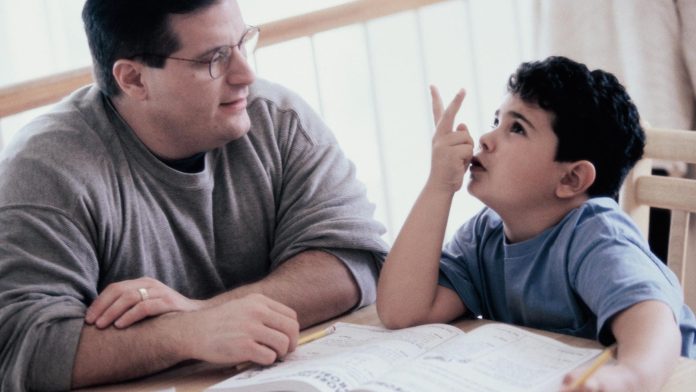Learning disability exists in many children, and they are different in different children whose brains process information and function differently.
If you identify a learning disability in your child, it would be better to take experts’ help. There are certain study skills for students with learning disabilities that can give extra support during school.
As a parent or educator, you might tend to have a wide range of questions because you are concerned about your child. You can get the most relevant answers to your desired questions about learning disabilities.
What Causes Learning Disabilities, and when are they Diagnosed?
The causes of learning disabilities have remained unknown to the researchers. These disabilities are misunderstood as well. Some are genetic components, and so they can be hereditary.
They are often related to problems during pregnancy and birth. Often, a person may develop learning disabilities at a later age due to an injury or accident related to dementia or a traumatic brain injury. Learning disabilities can be discovered at any age. However, their symptoms usually occur between the ages of 3 to 13.
Is Attention Deficit disorder a Learning Disability?
ADD or ADHD is not a learning disability. They do pose a barrier in learning, especially in classroom situations. Both ADD/ADHD and learning disabilities require additional help in maintaining a calm and attentive nature while studying.
Difference between ‘Special Need’ and ‘Learning disabilities’
Having learning disabilities doesn’t necessarily mean that he or she is a ‘special need’ child. ‘Special needs’ refer to all the disorders, disabilities, and conditions that need additional specialized support. Learning disability is just one specification of this term.
The ‘special needs’ child can have a visual, hearing, or motor disabilities, intellectual impairment, emotional disturbance, cultural or economic disadvantage, etc.
Will your child grow Out of it?
A learning disability would stay with a person throughout his or her life. As the child grows into an adult, they would learn a lot of skills to cope with their disability and find ways to get around with their difficulties. With the right use of resources and guidance and support, they can learn to adjust to the methods that suit them the best.
Such children need proper support in time to understand and deal with their various problems rather than facing discrimination. The brain can be changed; hence early treatment can help them to thrive with their learning disabilities.
Does having a Learning Disability mean that a Child is Less Intelligent or Unable to Learn?
A learning disability doesn’t mean that a child cannot learn. It has nothing to do with intelligence. It is just that their brain is wired differently, and hence they find difficulties in learning kinds of stuff that are taught through regular teaching-learning methods. They may be gifted children and do better in other fields. But they need different ways to learn because the traditional methods do not work for them.
The important way is to find out what works for them and what doesn’t. Brain imaging technology has proved that their brain works differently. Learning disabilities can start during birth, so the person with learning disabilities may not know what caused their learning disability.
What should you do as a Parent once you find out that Your Child has Learning Disabilities?
Children come back to their parents to get the right love and care once they seem to be falling behind. As a parent, you must very sweetly approach your child once you find out about their learning disability. As a parent, you must prepare to respond appropriately to their child.
A slight sign of anxiety and depression can also burden your child who needs help and support to deal with their grades. It will help if you prioritize your child’s educational and homely environment.
Understand that they need the right help to learn something in ways that suit them the best. Talk to your child’s educator or teachers about their grades and study patterns in class.
Take a report from them and seek experts who can help your child with their learning disabilities without delaying. Your child deserves to receive the additional support that they need to achieve their potential.
Learning disabilities can affect everyone, so having one doesn’t mean that your child cannot be successful in his or her life. They need to be motivated so that they know that they are not less intelligent.
Providing study skills for students with learning disabilities needs to be done early so that they can keep up with their pace of learning. Moreover, they also need proper guidance and motivation to cope with their needs and reach their full potential.










